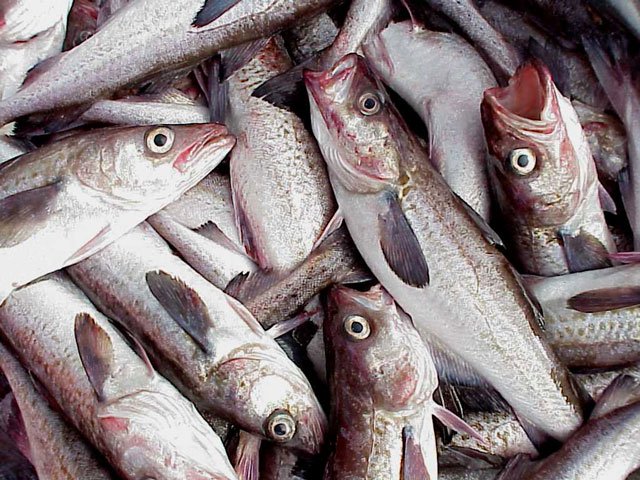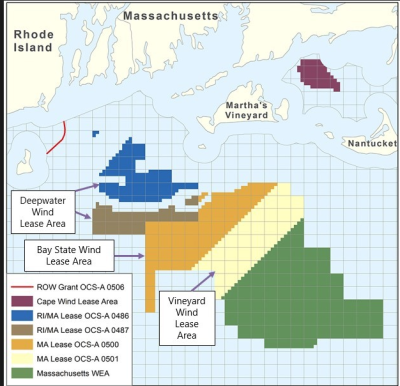The following is an October 11, 2017 letter from NMFS Director Christopher Oliver to Hance D. Smith, the editor-in-chief of Marine Policy in reponse to a recently published paper.
Dear Dr. Smith:
In a recent paper published in Marine Policy (Volume 84, "Estimates of illegal and unreported seafood imports to Japan"), authors Pramod, Pitcher, and Mantha offer estimates of IUU seafood products entering Japanese markets, including Alaska pollock, salmon, and crab from the United States -—fisheries that are among the best managed and closely monitored in the world. These estimates are then used as rationale for the creation of a seafood traceability system for Japanese seafood imports. While NOAA's National Marine Fisheries Service generally agrees with the value of catch documentation and traceability as one of many tools available to combat IUU fishing, it strongly objects to authors' claims regarding U.S. seafood exports to Japan and doubts the validity of the methodology used to makes such estimates. The allegations made in the paper absent any transparency regarding the data and assumptions supporting them are irresponsible and call into question the authors' conclusions. Without significantly more information and transparency regarding data sources and methodologies applied, the paper should be retracted in its entirety.
Data and methodology
The authors provide brief notes on the primary sources of "IUU product" from the three U.S. fisheries, however no correlation between citation and quantitative estimate is provided. Nor does the paper describe whether imported product weights were extrapolated to represent round weight volumes of the IUU activities alleged, and if so, what was the basis of those extrapolations. As well, the authors apparently rely on undisclosed data to infer that a small infraction in one fishery (say, for example, an "unreported catch of Alaska pollock in an artisanal fishery" results in exports of IUU products to Japan by a responsible, highly regulated, and closely monitored U.S. seafood industry. The authors have apparently used, but not described, an IUU model that includes "guilt by dissociation."
Alaska pollock
In the case of Alaska pollock, the authors identify discards and high-grading, unreported bycatch in trawl fisheries, and unreported catches in artisanal fisheries as sources of IUU product. The Bering Sea pollock fishery is responsible for nearly 90 percent of all pollock catch in the U.S. Since 2011 (and in many cases long before then), the Bering Sea and Aleutian Island pollock fishery has required 100 percent coverage by NMFS-trained observers (2 observers are required for at-sea processors). NMFS requires video monitoring of catch on at-sea processors, the use of satellite based vessel monitoring systems on all vessels, certified catch monitoring and weighing procedures, electronic reporting, and an extensive and highly-trained enforcement presence.
NMFS also monitors locations where pollock catch is transferred for export. Not only that, but the Bering Sea pollock industry has long-established and contractually binding requirements among all vessels to share all catch data with an independent third-party. Discard of pollock is prohibited. Were it to occur, discard and high-grading of pollock would be detected by the numerous monitoring and enforcements provisions in place, and would result in a significant enforcement action. Discarding of Alaska pollock is also prohibited in the Gulf of Alaska trawl fishery that comprises almost all of the remaining 10 percent of the pollock harvested in the U.S. While observer coverage on the smaller trawlers fishing pollock in the Gulf of Alaska is lower on a percentage basis than in the Bering Sea, NMFS requires same vessel monitoring systems on all vessels, and certified weighing of catch. Robust catch monitoring is certainly not limited to the Alaska pollock fishery. Other trawl fisheries in the Bering Sea, Aleutian Islands, and Gulf of Alaska have similar observer coverage and catch monitoring requirements.
Salmon
The authors' suggestion that sockeye and coho salmon taken as bycatch in trawl fisheries makes its way to Japan as IUU product is a particularly egregious example of inadequate research and flawed conclusions. Easily accessible and publically available reports indicate that Chinook salmon in Alaska and along the West Coast of the U.S. and chum salmon in Alaska are the predominant species taken incidentally in trawl fisheries. Bycatch of sockeye and coho across all trawl (and for that matter, most other gear types) is de minimis, and occurs primarily in the highly-monitored pollock fishery. While NMFS is not directly responsible for monitoring subsistence harvests of salmon in the U.S., it acknowledges the commitment of its federal and state partners to sound management and conservation of salmon populations and of the subsistence community to the sustainability of the resource. Any suggestion that salmon taken incidentally in U.S. trawl fisheries or as subsistence harvest enter Japan's seafood supply chain is ill-informed and unfounded at best, and in this case a potential distortion of facts intended to fit the authors' conclusions.
Crab
NMFS' opinions regarding treatment of the crab fisheries are similar to those expressed with respect to Alaska pollock and salmon. These fisheries are carefully managed and closely monitored using observers, satellite-based monitoring systems, certified catch monitoring and weighing procedures, and electronic reporting. There is no empirical evidence of the authors' general insinuations or quantitative estimate of unreported discards, use of illegal gear, or violation of minimum size limits. The Alaska crab industry continues to be a strong advocate for efforts to combat IUU fishing and to establish and maintain transparent markets for legally harvest crab product.
In conclusion, NMFS confidently stands by its management, monitoring, and control of U.S. fisheries along America's coasts and throughout its exclusive economic zone. It is prouder still of U.S. fishers, both commercial and recreational, who are committed to the continued sustainability of our fisheries and who support and observe the regulations intended to sustain and protect our marine resources. NMFS remains committed to combatting IUU fishing and, along with many of its international and domestic partners, both governmental and non governmental, supports the use of catch documentation and traceability as a critical tool toward that achievement.
Distorting information and disparaging U.S. fisheries that stand as world-class models for sustainable management and effective enforcement without any transparency of source or process undermines our collective efforts to combat IUU fishing and improve stewardship of global fisheries. In light of these concerns, we urge Marine Policy to publish a retraction, and to ensure future articles undergo adequate review to avoid publication of misleading information which damages the reputation of both industry and managers.







